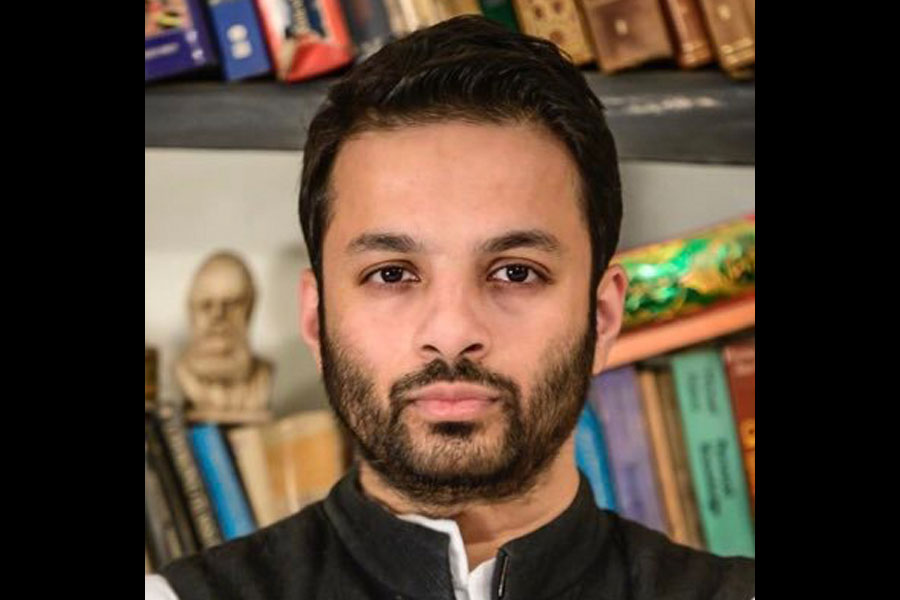How is activism related to the study of the liberal arts? Sanjeev Bikhchandani, one of the trustees and co-founders of Ashoka University, a place of study of the liberal arts and sciences, has responded to the criticism that the institution had not supported its professor, A.K. Mahmudabad, when he was arrested for a social media post critical of the inconsistency of the dominant regime’s attitude towards the minority community by stating that activism and a liberal arts university are not joined at the hip. Activism is a conscious choice, evidently outside the academic purview. Besides, a social media post has nothing to do with the university; hence the question of institutional support does not arise. This is not a novel opinion; not just in this country but all over the world —student protests are being outlawed or penalised. In the United States of America, the harsh measures against teachers and students protesting against Israel’s actions in Gaza in Columbia University marked the beginning of the suppression and the penalising of protests. In India, institutions such as the South Asian University have become known for their suppression and punishment of protest.
Even if activism is taken in its broadest sense, as Mr Bikhchandani seems to have done, his separation of it from the study of the liberal arts is fundamentally artificial. He himself argues that arrest for a social media post has nothing to do with academics, hence the university need not render support. But for freedom of speech the activist will get the protection of the law. How is freedom of speech not part of the ideology of the liberal arts? Liberal studies have at their basis the ideals of freedom, equality, justice and the exchange of ideas, manifested in the conception of education as a democratic space. If academics are only to teach, conduct research, and publish learned papers, with no attention to the world around, they would become confined to an ivory tower which has nothing to do with life and other human beings. Such aridity would make education meaningless. Academics have a responsibility to the students and to the public which they discharge through their critical thinking, communication, and efforts to solve problems. Without representing what they teach in the classroom, they would set a useless example.
History, literature, the social sciences and all subjects of liberal arts study are also seen as the humanities, the understanding of the human world. The task is to create enlightened citizens who will protest or act against misery, violence, injustice, inequality to the best of their ability. Although violence within the campus is undesirable, to erase political consciousness from students and teachers, to crack down on freedom of speech and protests against misused power, is to drain the sap of liberalism. The best education creates connections; it cannot be fruitful if
conducted in the kind of sterilised space that Mr Bikhchandhani seems to find ideal.









